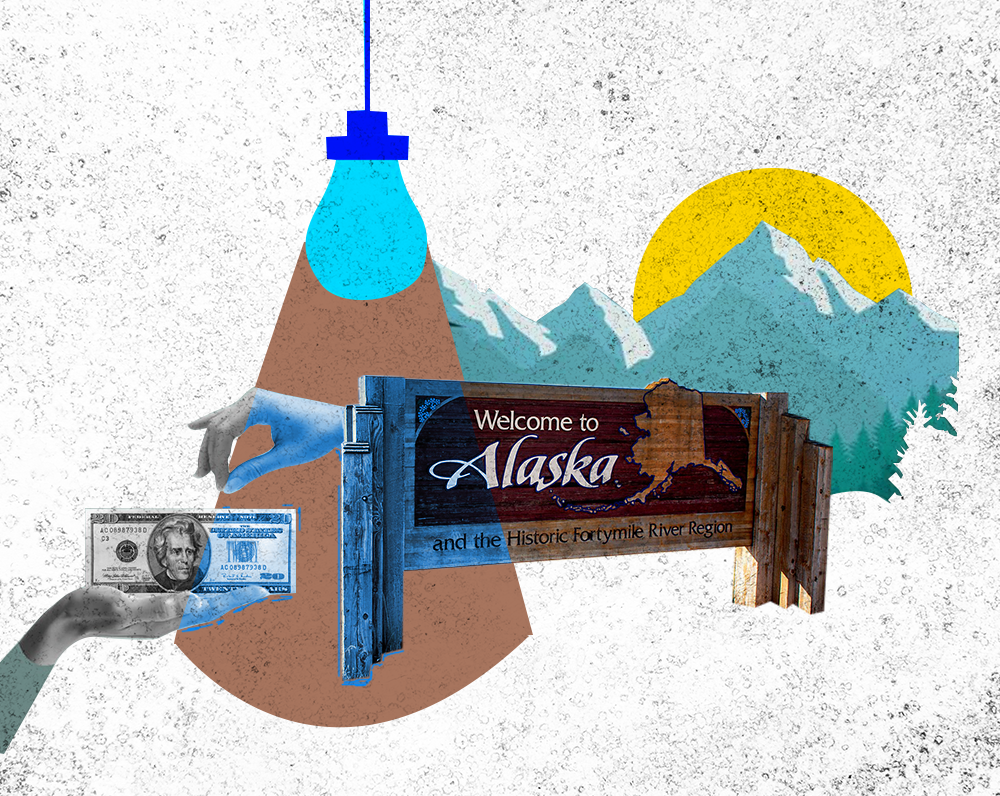
Alaska Named America’s Most Corrupt State, Again
09 Feb 2024 ( mohave.tv )

Alaska, renowned for its breathtaking landscapes and diverse culture, also grapples with a darker reputation: corruption. Recent findings from the Institute for Corruption Studies at Illinois State University rank Alaska as the most corrupt state in America, once again. This blog post delves into the reasons behind this label, examining its causes, consequences, and potential remedies.
Measuring Corruption
The report analyzed public corruption convictions per capita from 1976 to 2023, highlighting Alaska’s disproportionate rate of corruption. Oguzhan Dincer, the report’s author and director of the Institute, emphasized the reliability of using public corruption convictions as a gauge. Federal convictions, in particular, offer insight into high-level corruption, a focus necessary for comprehensive analysis.
Factors Driving Alaska’s Corruption
Several factors contribute to Alaska’s elevated corruption levels:
- Geography: Alaska’s vast, sparsely populated terrain, coupled with its harsh climate, presents challenges in law enforcement and monitoring. Remote regions, especially rural areas, become breeding grounds for corruption, while the state’s extensive coastline and maritime industry heighten susceptibility to illicit activities like smuggling and illegal fishing.
- Resources: Endowed with abundant natural resources—oil, gas, minerals, and seafood—Alaska’s wealth becomes both a boon and a curse. While these resources fuel economic growth, they also attract corruption, evident in past scandals like the Exxon Valdez oil spill and the Pebble Mine controversy.
- Politics: Alaska’s intricate political landscape, influenced by federal entities, Native corporations, and industries like oil, fosters an environment ripe for corruption. Rapid turnover among elected officials, driven by term limits, resignations, and indictments, further complicates governance.
The ramifications of corruption extend across various spheres:
- Economy: Corruption undermines public sector efficiency, distorts resource allocation, and erodes investor trust, impeding economic progress and development.
- Environment: Corruption compromises environmental protection efforts, facilitating resource exploitation and violating regulations, endangering ecosystems and communities.
- Society: Corruption corrodes societal values, exacerbates social inequalities, and weakens civic engagement and democratic principles.
Addressing Alaska’s Corruption
Combatting corruption requires multifaceted approaches:
- Transparency: Enhancing transparency in governance fosters accountability and discourages corrupt practices, necessitating increased public access to information and robust oversight mechanisms.
- Education: Educating the public about corruption’s root causes and consequences empowers citizens to detect and report corruption, fostering a more vigilant and engaged populace.
- Enforcement: Strengthening legal frameworks and instituting rigorous enforcement mechanisms deters corrupt behavior, ensuring swift and severe consequences for perpetrators.
Conclusion
While Alaska grapples with its reputation as America’s most corrupt state, there exists hope for change. By implementing measures like transparency, education, and enforcement, Alaska can mitigate corruption’s detrimental effects and pave the way for a brighter, more accountable future.
SEE THE ORIGINAL ARTICLE


